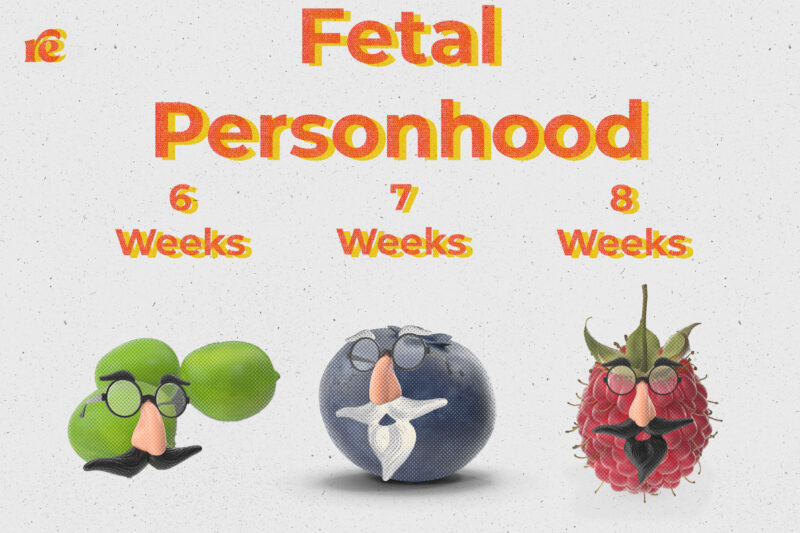Fetal ‘Personhood’ Is at Stake at SCOTUS
Next week’s emergency abortion care case before the Court could redefine who doctors treat as patients and push fetal "personhood."

This piece first appeared in our weekly newsletter, The Fallout.
Next week, abortion is back before the Supreme Court in a case that pits state-level abortion bans against a federal law requiring certain hospitals to provide stabilizing abortion care in emergency room settings.
And while the central question in Idaho v. United States involves the Emergency Medical Treatment and Active Labor Act (EMTALA) and whether it overrides state abortion bans like Idaho’s, what’s at stake here is the issue of fetal “personhood” and how the conservative legal movement is using this challenge to move the needle ever closer to the Supreme Court fully embracing fetal rights.
Idaho, led by attorney and Alliance Defending Freedom senior counsel Erin Hawley, argues that abortion is never necessary for emergency medical care because it always terminates the life of a fetus. Furthermore, Hawley argues, EMTALA actually requires states to treat the “unborn child” as a patient in emergency medical settings.
That right there is an explicit argument on behalf of fetal “personhood.”
To get to that argument, Hawley, in Idaho’s brief, takes a course familiar to one laid out by the conservative Florida Supreme Court, which recently upheld that state’s 15-week abortion ban, triggering a more restrictive six-week ban. Both the Florida decision and the argument Hawley advances on behalf Idaho ground recognition of fetal rights in the preamble language of state constitutions that declare “all persons” free and equal, despite hundreds of years of legal precedent that has refused to declare that life begins at conception.
This dangerous sleight of hand is catching on within the conservative legal movement. Should the Supreme Court’s conservative justices adopt it in Idaho v. United States, it will upend how doctors can treat pregnant patients in emergency situations and threaten to carve abortion out of health care entirely.
Those outcomes are exactly what the conservative legal movement is working toward.
